Annual report
Category: Follow-Up and End-of-Life Care
The problem identified
The lung cancer nurse team has been considering writing an annual report that would become a useful tool in sharing our practice with other nurses and management. It is notoriously difficult to demonstrate the lung CNS role particularly as we spend so much time on the telephone.
The intervention made to change the problem
The nurses had previously written annual reports they lacked "punch". We invited a business manager from a pharmaceutical company to look over our report and guide us to how we could make it better. Our aim was for the report to have an impact on its readers, to raise our profile and highlight the work that we do. We arranged an afternoon where we went through our report line by line looking at the wording. We were taught how write in business terms rather than nursing terms. This was very new to us. We were also advised to collect data to validate our statements.
How it changed my practice
The new annual report has changed practice in a variety of ways.
The nurses were not acknowledging all patient interventions, for example, the nurses would check all the lung cancer MDT letters and make corrections as necessary. The letters and recommendations for inpatients would be actioned and necessary referrals to other services would be completed. Previously this work was not identified.
The meeting we had suggested we complete a very crude data collection exercise over a one month period detailing themes in telephone consultations. We looked at number of calls, ward discharges expedited, outpatient appointments and admissions to hospital avoided. The results showed we had 814 telephone calls ranging from 1 minute up to 44 minutes. The data highlighted 27 avoided admissions, 64 clinic appointments not needed and 15 discharges expedited (we did not collect data for number of bed days). This information was valuable in demonstrating our work and was included in the annual report.
